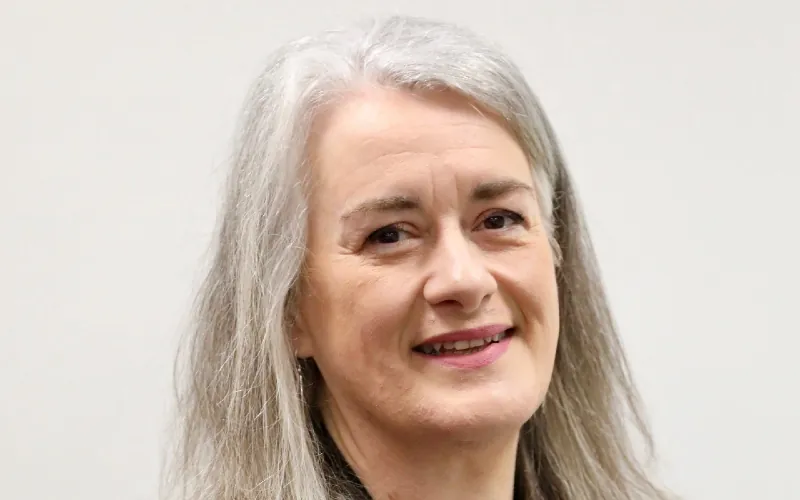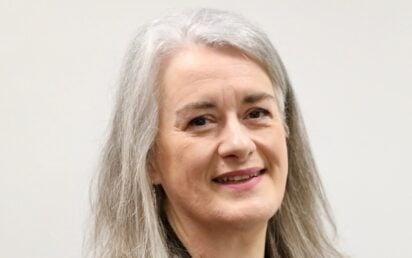Employers in Lancashire and Cumbria are having to rethink traditional roles, with digitally savvy homecare assistants and manual workers with programming skills part of a rising multi-skilled workforce.
The changing face of the region’s workforce is revealed in the Skills Barometer 2025, an annual reading of the skills landscape by the Lancashire and Cumbria Institute of Technology (IoT) – a collaboration of eight colleges and three universities.
The report found that businesses are coming up with innovative ways to get the skills they need with new-look employees that break the traditional mould.
One homecare employer in Lytham St Annes reported requiring staff that can not only update digital records but analyse the data to enable them to provide better care.
Meanwhile, a Morecambe-based manufacturer struggling to find qualified welders decided to think differently – investing in a robotic welder and upskilling a member of staff to control it.
Managing director Linda Dean said the economy was seeing a reimagining of what a job looks like.
“Multi-skilled roles are the new reality for businesses across Lancashire and Cumbria and it’s exciting to see how businesses are stepping up and adapting,” she said.
“These stories of manufacturers investing in cobots or healthcare workers needing data analytical skills reflect a wider trend where the workforce is evolving faster than ever.
“For those willing to invest in skills and rethink job roles, it’s a huge opportunity to futureproof their business.”
The IoT is made up of Blackpool and the Fylde College, Burnley College, Blackburn College, Nelson and Colne College, Preston College, Lancashire and Morecambe College, Runshaw College and Lakes College, along with the University of Lancashire, Edge Hill University and Lancaster University. It collaborates with employers to ensure technical training meets industry needs.
The Skills Barometer, now in its second year, gathered insight from businesses and experts representing the IoT’s six key sectors – engineering and manufacturing, automotive, computing and digital, construction, health & medical and science.
It asked three questions – what are the skills gaps now, what skills will be needed in the next three to five years, and what do employers need from educators.
The report, published this week, found that multi-skilled and interdisciplinary roles are on the rise, blending traditional technical skills with emerging technologies. Digital literacy and AI skills are becoming universal requirements regardless of the sector.
Dean added: “In almost every sector, digital fluency is no longer optional, it’s essential. We’re building workforces where job titles might not change but what those roles look like will.
“Our role, as an IoT, is to make sure the training we offer evolves just as fast as the jobs themselves and collaboration is essential to bridging these gaps.”


